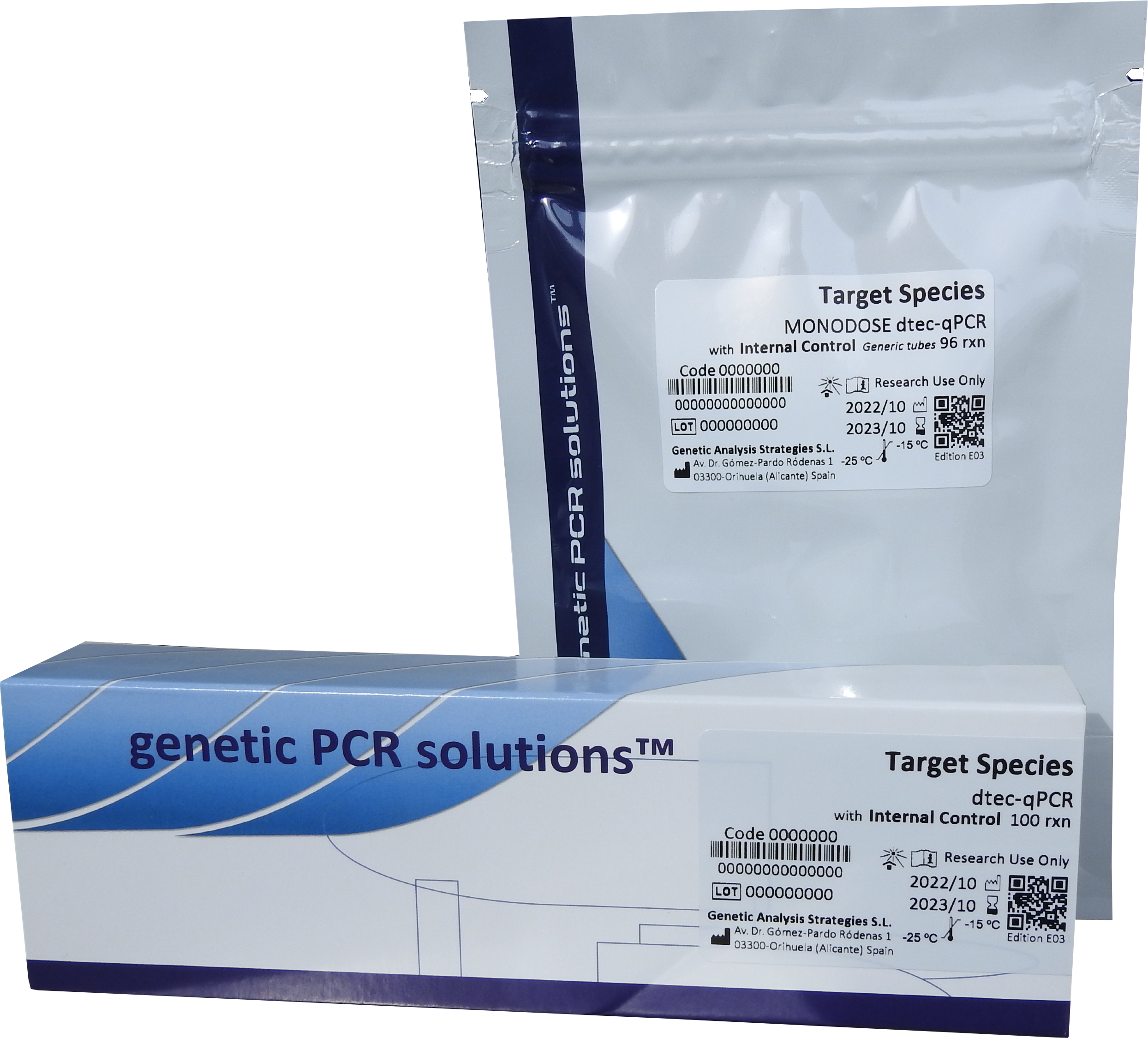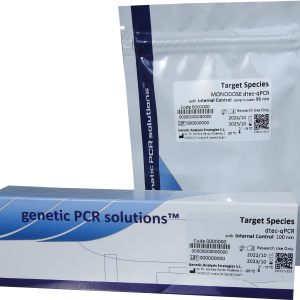Verticillium dahliae
Description
The VerDah dtec-qPCR comprises a series of specific targeted reagents designed for Verticillium dahliae detection by using qPCR. Verticillium dahlia is a fungal plant pathogen with a cosmopolitan distribution that can infect many plant genera. It is one of the responsible of the Verticillium wilt and over 200 dicotyledonous species have been identified as susceptible hosts of this pathogen. Agricultural hosts include spinach, strawberries, lettuce, and artichokes, among others. Symptoms are not commonly used to identify this pathogen because of their non-specific nature and also may vary depending on the specific host that the pathogen is infecting. The most common way to introduce V. dahliae in the field is by infected stock being planted. Once the pathogen is in the field it can be moved by wind, water, and soil. This a very difficult pathogen to control because it can persist in the soil for years without a susceptible host. V. dahliae can cause significant loses in yield due to reduced photosynthesis, if the plant survives.
Kit Content and Prices
GPS™ primers and probes are sold for research use only
All GPS™ Kits are available in F100 and MONODOSE Format
GPS™ reagents are compatible with all qPCR devices



